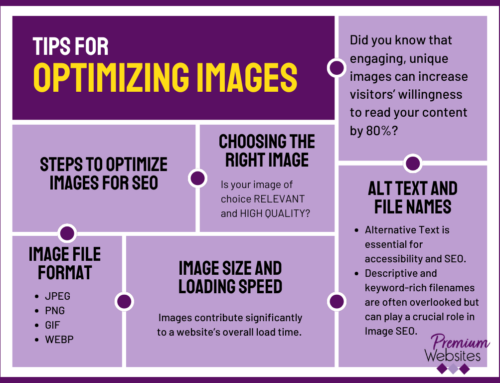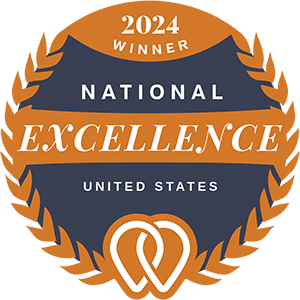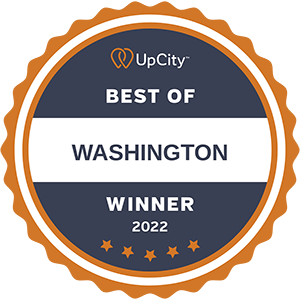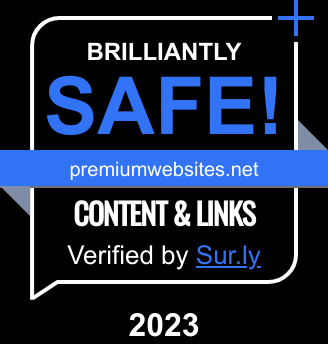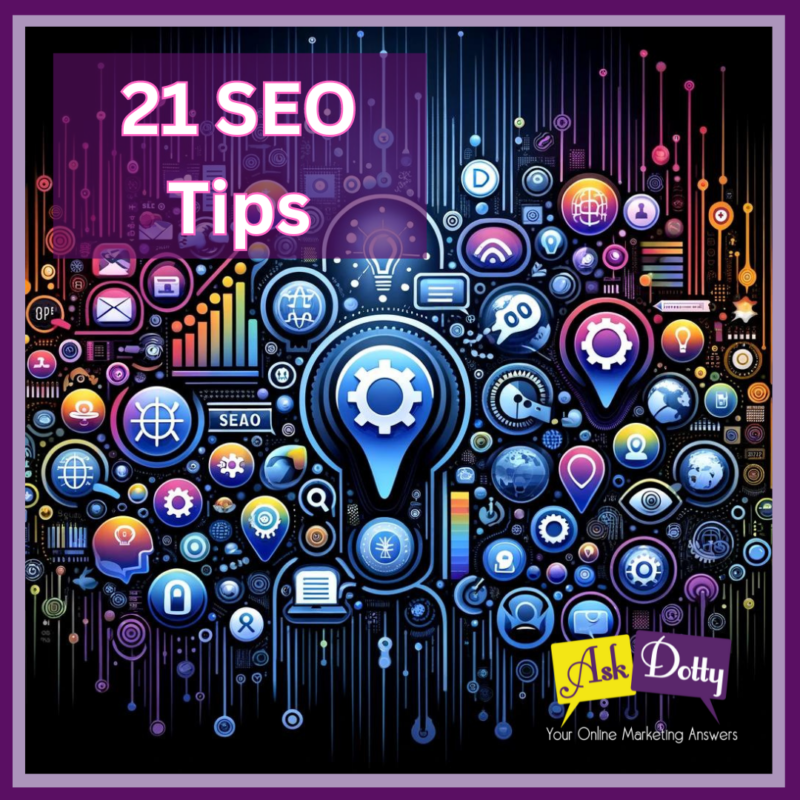 Updated on Feb 28, 2024
Updated on Feb 28, 2024
21 SEO tips that are working in 2024
Search engine optimization can be confusing, especially for people who are new to the concept. However, there are a few simple things that anyone can do that will help increase a webpage’s chances of being ranked higher by search engines and increase the number of visitors to your website. How much time you spend optimizing your website is up to you, but you should take a little bit of time to do some of the following techniques.
On-Page Optimization
- Have a site with well-written content. Optimization is worthless if your site is not full of good content. Update your content. If your website has old blog posts on topics that change (like technology), reviewing the posts yearly is a great idea.
- Include a short title. Search engines will display between 66 to 130 characters of your title when they list search results. Each page title should be constructed so that it informs and attracts users. Make sure your title is not getting truncated. Use a tool like Yoast SEO if your website is in WordPress. That plugin will help you to optimize your titles.
- Meta descriptions are also important. Google will display random text from your web page if you do not type in a specific meta description. Get better results by typing in your own and using your keywords in an enticing description. It must be under 160 characters.
- Submit a site map to major search engines such as Google. You should also place a link to your site map on the index page of your site.
- Make sure each site page has at least 1500 words of text. There must be enough text to let a search engine know what the page is about. The text also needs to be written for humans, not bots. Do not keyword-stuff your pages. Make your text scannable with short paragraphs and lists.
- Keep your URLs as simple as possible. Try to use URLs that have keywords in them instead of numbers. Do not use really long URLs. Make sure the url’s do not have characters or parameters in them. Keep it just words separated by hyphens. The fewer words, the better.
- Decide upon several keywords and phrases and use them throughout the page. This includes putting them in the title, content, anchor tags, Meta tags, and links.
- Avoid frames. Search engine spiders are unable to read them. If you must use frames, include important body text within a <no frames> tag.
- Do not use images in place of searchable text. Also, use the “alt tag” to describe any images on your site. Search engines index this information. Screen readers also use the alt text to describe your images for visually impaired people.
- Use headers that are relevant and contain keywords. Not only do they help organize your text, but they are also weighed heavily by search engines.
- Update your site frequently—search engines like sites that are growing and offer new content. One of the easiest ways to do this is to have a blog and add articles or posts regularly.
- Hand submit your site to the major search engines. This simple step can go a long way in listing your site. Use Search Console to submit your sitemap.
- Add schema to your web pages.
Off-Page Optimization
Think of your website as a hub online. Everything that you do online needs to point back to your website. They do not all need to go to your home page but to the most appropriate page for the site you are linking from.
- Register with various directories by hand online that all link back to your website. Use a tool like BrightLocal to submit your information to the 4 primary data sources from which all the smaller directories pull. This is a great way to get several backlinks to your website. These are spokes pointing to your hub – your website.
- Set up profiles on all your social media sites and ensure your website is linked—more spokes pointing to your website.
- Use websites like About.me and Strikingly to set up one-page websites that point to your website – and all the social profiles you own.
- Set up your Google Business Profile. This gets you into Maps and does a great deal for your SEO.
- Submit your blog articles to places like Medium- create a list of sites that allow for article posting and use these sites every time you post.
- Set up some syndication for your posts.
- Purchase a WebHub package to get many backlinks created at one time.
- Do some guest blogging – get your articles in front of a new audience and link them to your website.
Now that you understand some of the basics of search engine optimization, you can decide if you want to go into more depth and take the time to optimize your site further. You might also consider having your website optimized by a professional. Either way, you have at least minimized some things that can lower your website’s ranking, which could have cost you potential visitors.


